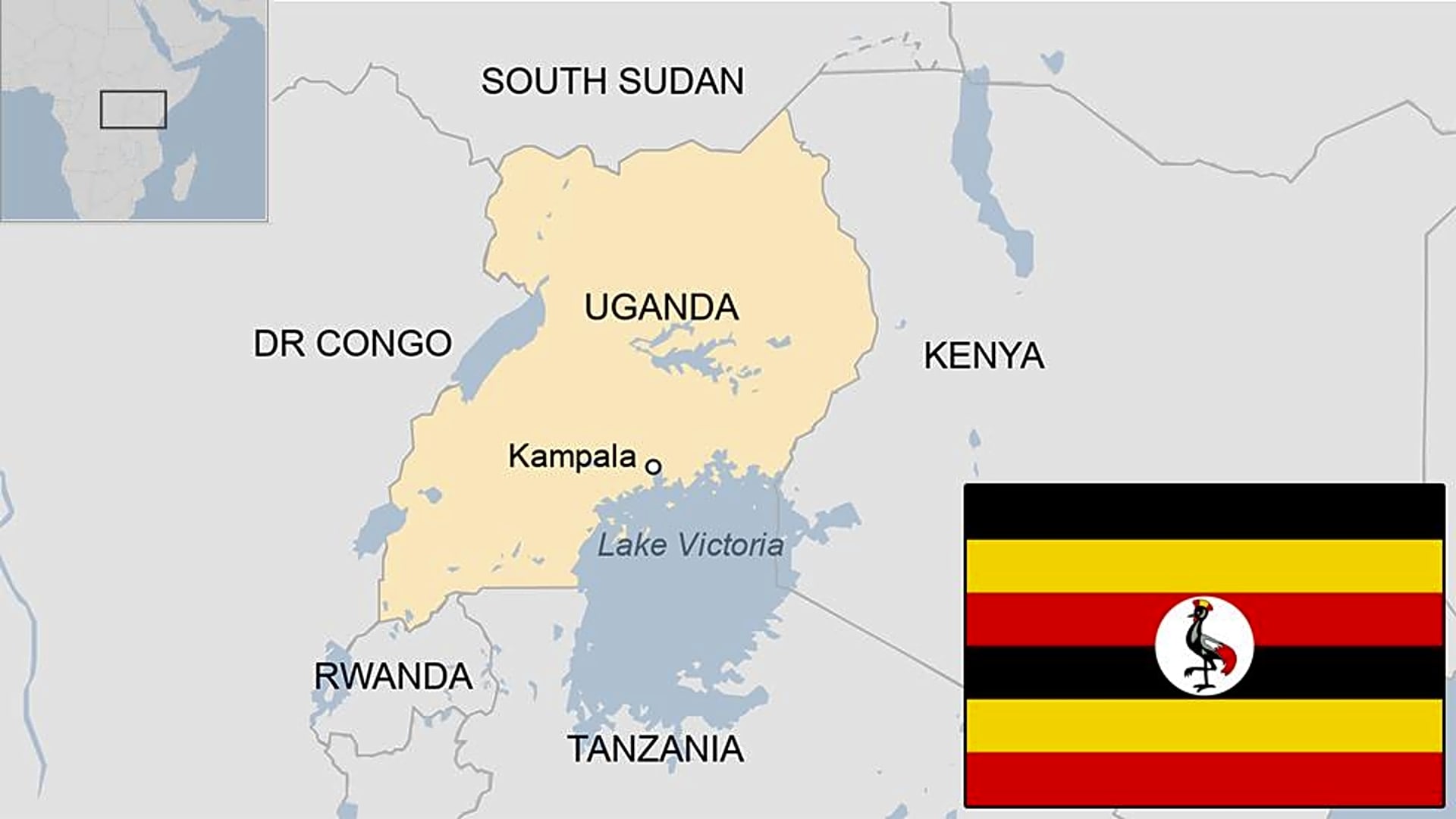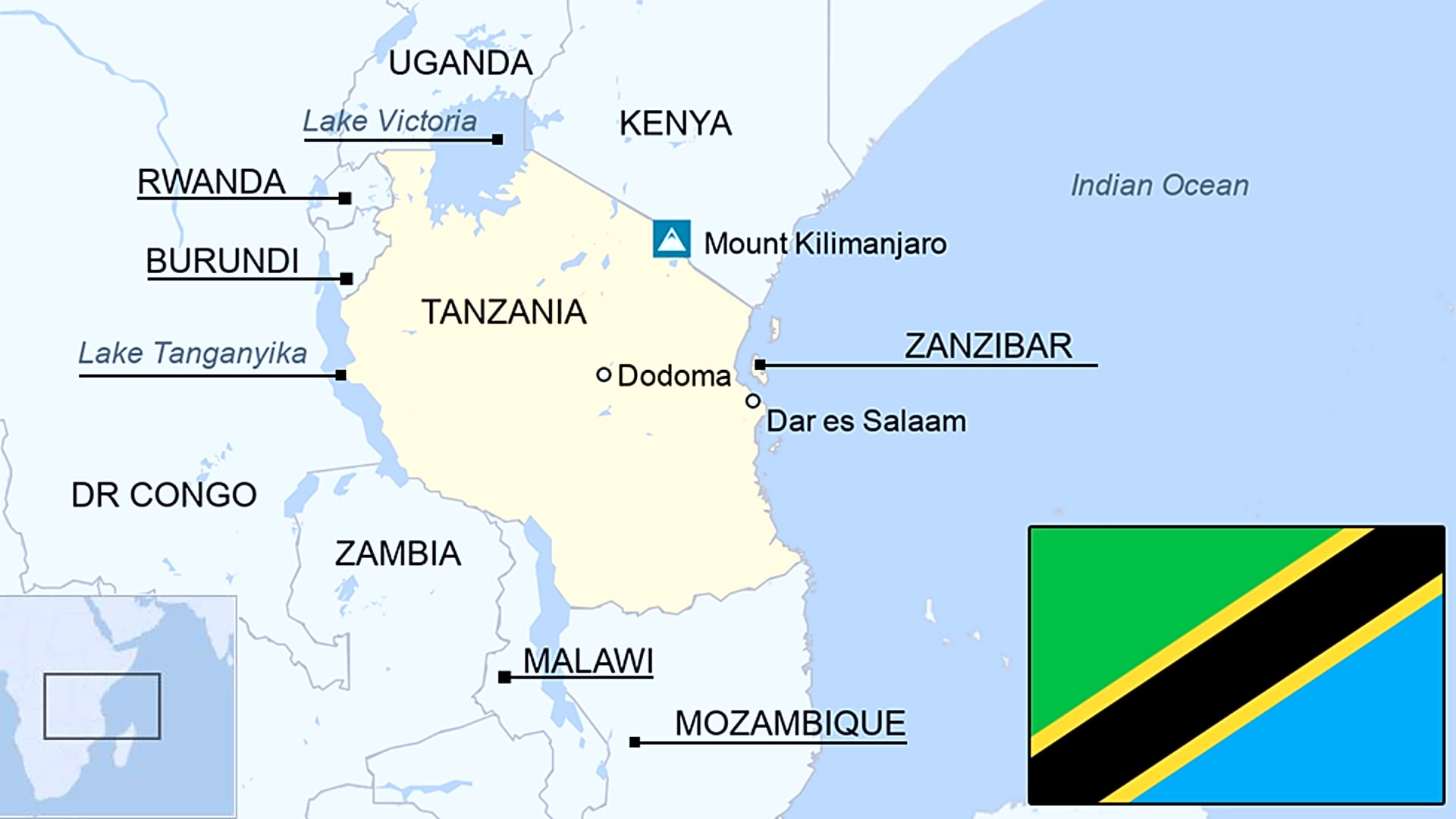Summarized by AI Model:google/pegasus-multi_news
– "Kenya's digital transformation is a testament to the resilience, creativity, and entrepreneurial spirit of its people." That's Google's take on the country's digital future in a new report. The company estimates that in 2023, its products and services generated $900 million in revenue for companies, non-profits, publishers, developers, and innovators in the digital economy, per the Nairobi Star. The report, titled The Digital Opportunity of Kenya, also notes that in 2023, 300,000 young adults in the country learned digital skills through Google Search, saving 5.5 million hours of work per year. The paper estimates that by 2030, artificial intelligence might boost Kenya's GDP by $2.4 billion. Google—which pledged $1 billion in 2021 to boost internet access, assist entrepreneurs, and encourage innovation in order to drive Africa's digital economy— estimates that by 2030, the number of people using AI could jump from 2 million to 4 million in Kenya. (Google has a new headquarters in Nairobi.)Summarized by AI Model:google/pegasus-multi_news
– "Kenya's digital transformation is a testament to the resilience, creativity, and entrepreneurial spirit of its people." That's Google's take on the country's digital future in a new report. The company estimates that in 2023, its products and services generated $900 million in revenue for companies, non-profits, publishers, developers, and innovators in the digital economy, per the Nairobi Star. The report, titled The Digital Opportunity of Kenya, also notes that in 2023, 300,000 young adults in the country learned digital skills through Google Search, saving 5.5 million hours of work per year. The report also estimates that by 2030, artificial intelligence could boost Kenya's GDP by $2.4 billion. "The insights from this report inspire us to continue working with partners to unlock Kenya's full digital potential and reaffirm the power of technology to drive sustainable growth," Agnes Gathaiya, the company's country director for Kenya, says in a statement. Google—which pledged $1 billion in 2021 to boost internet access, assist entrepreneurs, and encourage innovation in order to drive Africa's digital economy— estimates that by 2030, the number of people using AI could jump from 2 million to 4 million in Kenya. (Google has a new headquarters in Nairobi.)According to Google, in 2023, its services and products generated an estimated $900 million in revenue for Kenyan companies, non-profits, publishers, developers, and innovators. Google stated that the results highlight Kenya’s position as a digital leader in Africa and the substantial potential of sustained investment in the digital economy in a report titled The Digital Opportunity of Kenya, which was published on Monday. According to Agnes Gathaiya, country director of Google Kenya, “Kenya’s digital transformation is a testament to the resilience, creativity, and entrepreneurial spirit of its people.” “The insights from this report inspire us to continue working with partners to unlock Kenya’s full digital potential and reaffirm the power of technology to drive sustainable growth,” she continued.
According to the report, Kenyan knowledge workers improved productivity by $98 million by saving 5.5 million hours a year with Google Search and Workspace. Additionally, it notes that in 2023, 300,000 young adults learnt new digital skills through Google Search, underscoring the beneficial effects of these technologies on productivity and employment. The paper emphasises that Kenya has the opportunity to become a leader in AI-enabled sectors as the number of people using AI increases. The paper estimates that by 2030, artificial intelligence might boost Kenya’s GDP by $2.4 billion. According to Amy Price, director and head of Technology Policy at Public First, “our research shows that tech investment will be a powerful catalyst for further growth and development across Kenya, especially if there is a focus on connectivity, cloud computing, and artificial intelligence.”
With initiatives that prioritise connectivity, cloud-first policy, and digital infrastructure, Kenya’s digital economy is well-positioned to thrive. The research highlights the need for improved STEM education and AI fluency and offers lawmakers practical suggestions to advance these initiatives and equip the workforce for the AI-driven future. Google pledged $1 billion in 2021 to boost internet access, assist entrepreneurs, and encourage innovation in order to drive Africa’s digital economy. According to the report, this investment has already had a noticeable impact on Kenya.


